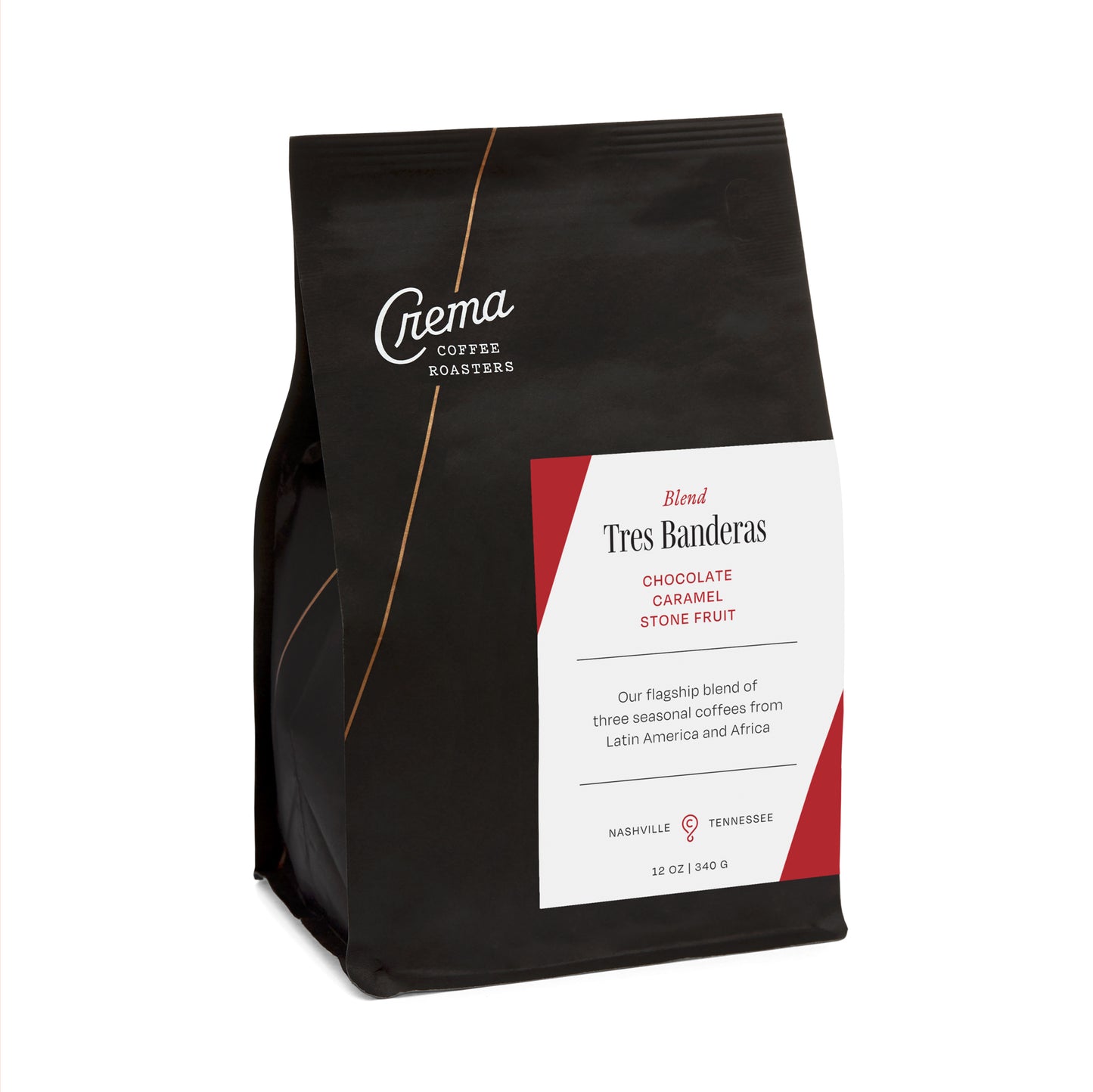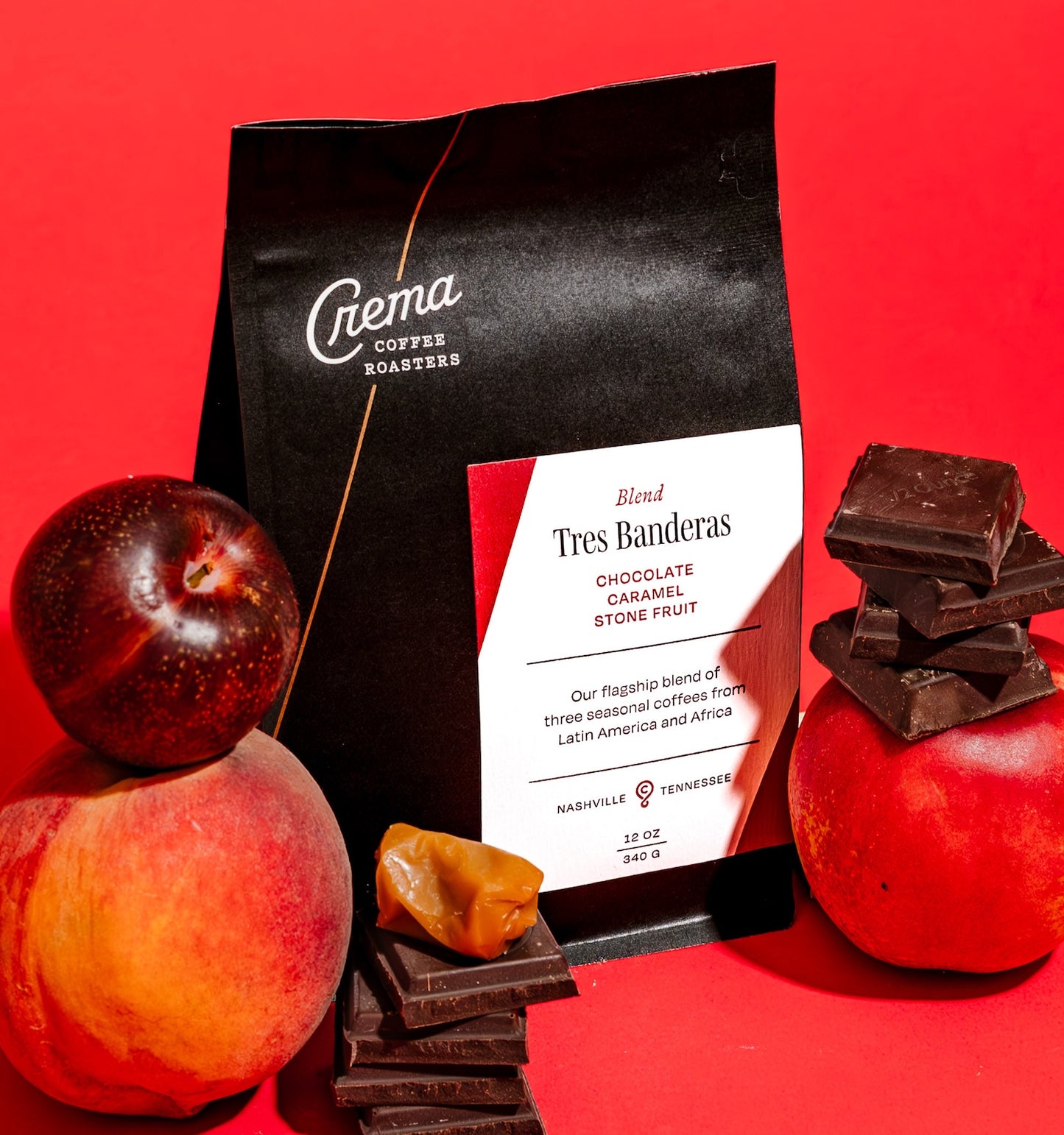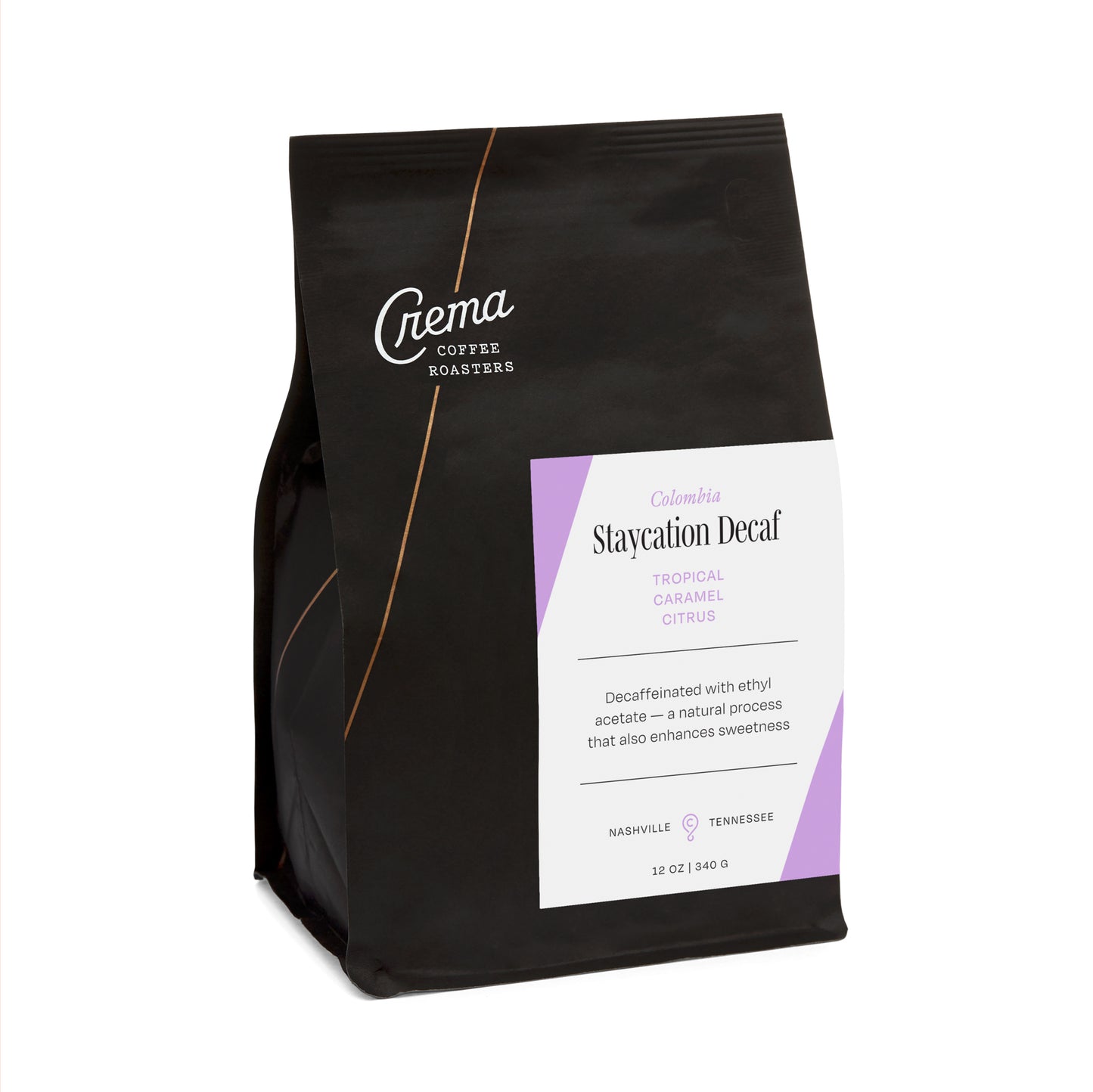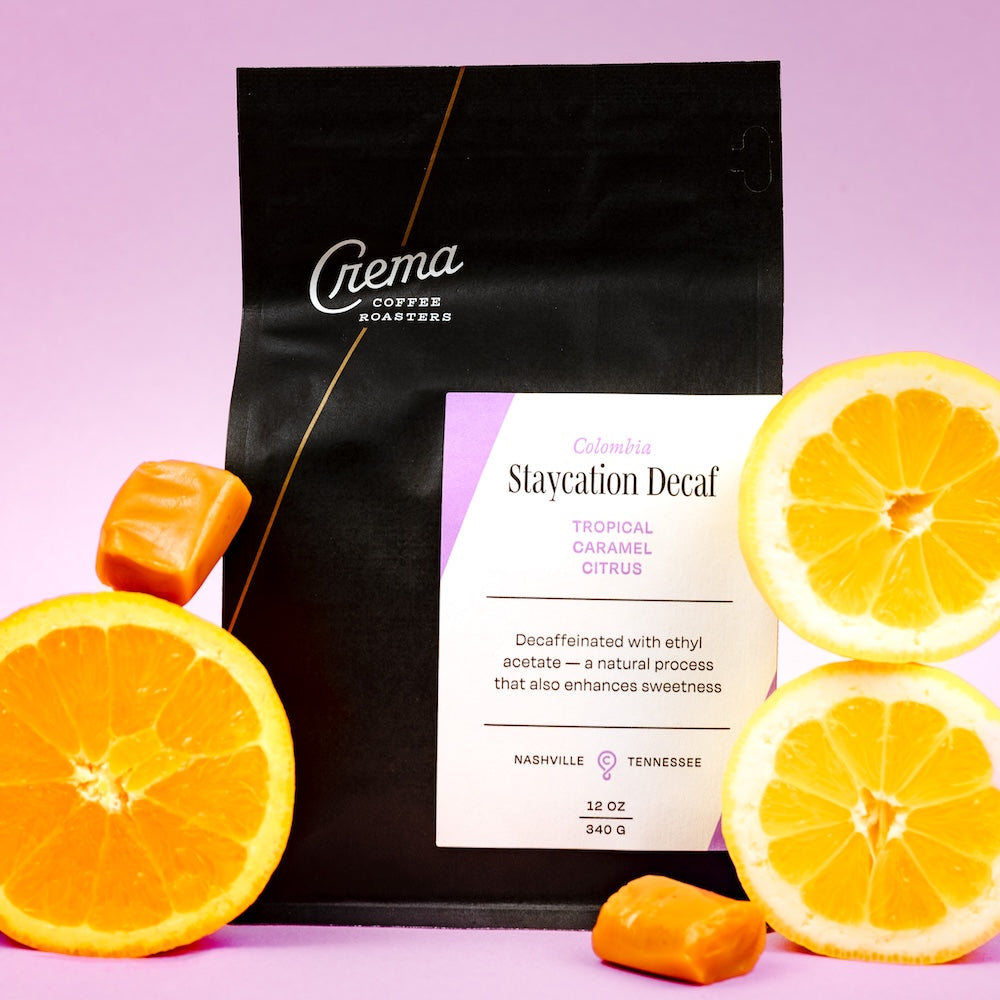Myth: All coffee that’s processed using organic methods will be certified ‘USDA Organic’ and is better quality than non-certified coffee.
Busted: Many coffee farms use naturally ‘organic’ methods to grow coffee and cannot afford the costly and time consuming process of becoming a certified organic farm. USDA certification has nothing to do with the inherent quality of the crop or price paid for the coffee.
‘Is your coffee organic?’ can be an unintentionally loaded question. Maybe we’re hoping that organic coffee means that we aren’t ingesting ‘bad’ chemicals or that the farmers took better care of their land or that they will be getting paid a higher wage for organic coffee.
What's the definition of organic coffee?
Here’s what the USDA has to say:
- Produce can be called organic if it’s certified to have grown on soil that had no prohibited substances applied for three years prior to harvest. Prohibited substances include most synthetic fertilizers and pesticides. In instances when a grower has to use a synthetic substance to achieve a specific purpose, the substance must first be approved according to criteria that examine its effects on human health and the environment
So, basically, the criteria required to have certified organic coffee is to not use ‘USDA-prohibited substances’ on the farm for at least three years. And even then, it doesn’t mean that no substances were used to help the crop grow, just ‘non-prohibited’ ones. There’s also other criteria like having the crop physically separated from non-organic crop and some semi-vague ecological requirements. And, of course, tons of money and time. (Here’s a link to the organic section of the ‘Code of Federal Regulations’ if you want to read some definitely-not-boring legalese.)
Does organic coffee = quality?
Having certified organic coffee has nothing to do with the actual quality of the coffee being grown and there’s no requirement that the farmer/producer be paid a higher price for that coffee, which definitely isn’t ideal since it takes lots of time and money to go through the certification process.
The costs of organic coffee certification for farmers
For many of the farms/mills that we purchase coffee from, the cost of the certification could put them out of business — new and separate equipment, cost of application process, the time spent going through certification (multiple years), and the list goes on. Many already use organic fertilizer (some use the discarded coffee cherries as part of their mix!) and practice sustainable farming techniques because that’s just the typical way to farm in many countries where coffee is grown. Also, many growing areas of specialty coffee are at high elevations and have proper shade which naturally provide a fertile growing area without the need for much fertilizer, organic or not!
And can we just say that all fertilizers/chemicals aren’t automatically ‘bad’? Occasionally, they are necessary for the livelihood and business of coffee farming, especially if a farmer’s coffee crop is affected by a plant disease or unfavorable weather conditions. Sometimes, farmers really have no choice in the matter — it’s either lose half your crop (and therefore half of your income) or use a fertilizer/pesticide to help their crop yield.
And don’t just take our word for it; hear thoughts on organic coffee straight from a coffee farmer! A handful of years back, we talked with coffee farmer Edwin Martinez about this very topic from his perspective. Read about it here.
The costs of organic coffee certification for roasters
Additionally, if Crema wanted to place a certified organic sticker on the coffees we roast, we would also have to go through an extensive certification process, which would include purchasing separate equipment with dedicated use for roasting, storing and packaging certified organic green coffee.
So, here’s our suggestion: instead of asking a roaster/cafe if they have organic coffee, ask about the conditions the coffee plants were grown in or more information about the farm processes or if the farmer was paid a fair wage. We find these things to be more helpful in determining the positive impact the coffee has.
Want to dig even deeper into the organic coffee discussion? Read this Fresh Cup article!
"Is Organic Coffee Better?" YouTube Short
Do you have a coffee question, conundrum or curiosity you want us to investigate?
Sources: We used this, this, this, and this to help research this post.
P.S. We totally understand and respect if you choose to only ingest certified organic foods/beverages. You just won’t find that green organic logo on our coffees, even if the coffee farm did not use prohibited fertilizers/pesticides. The intention of this post was not to bash organic practices or organic foods, but give a fuller picture of the reality of becoming certified organic for small-medium sized coffee farmers.
P.P.S. We roast coffee at around 400 degrees Fahrenheit, so any ‘bad chemicals’ from non-organic fertilizers that may get into the seed of the fruit (green coffee bean) are most likely going to get burned off by the high heat.
← Older post Newer post →








